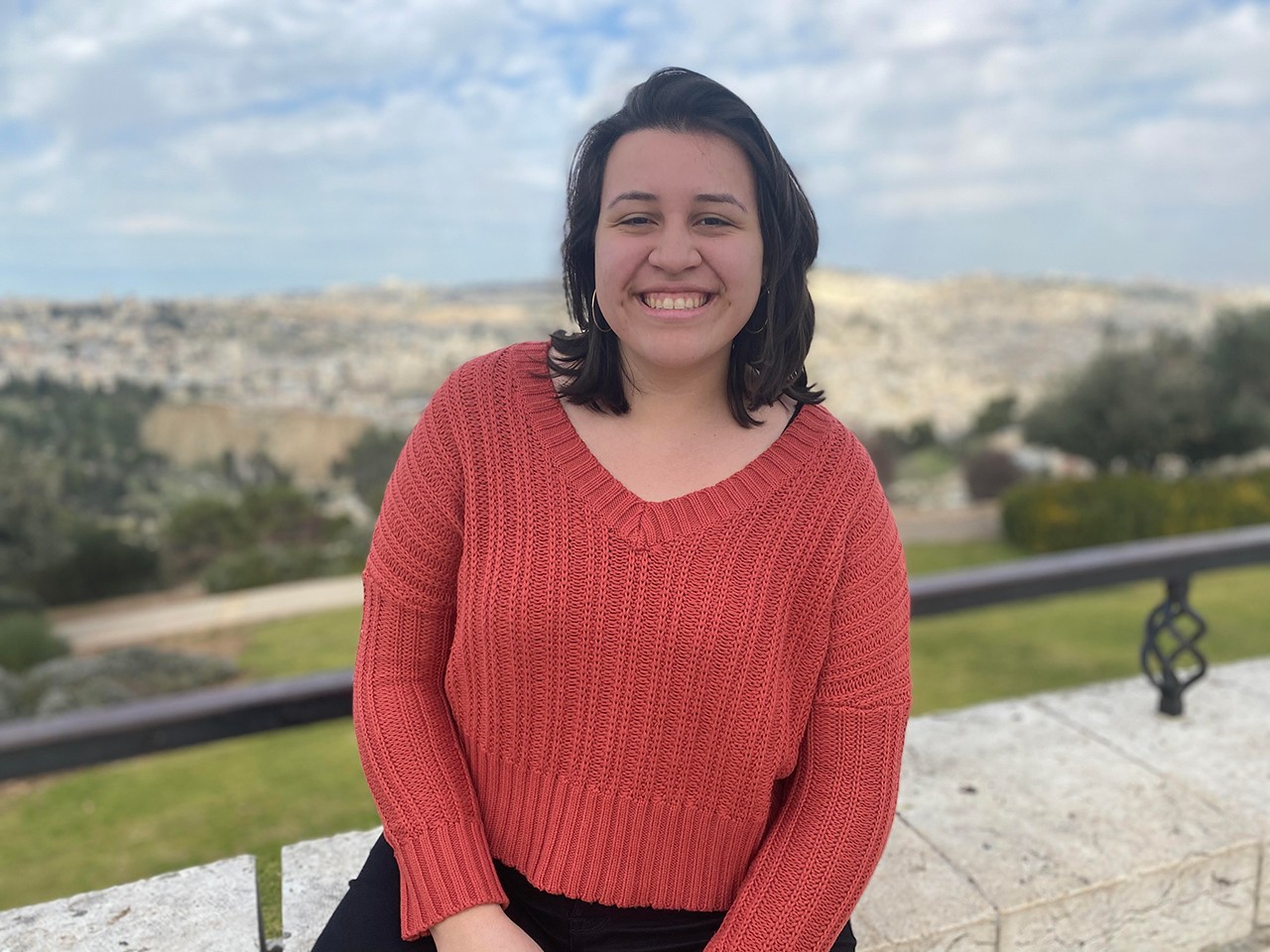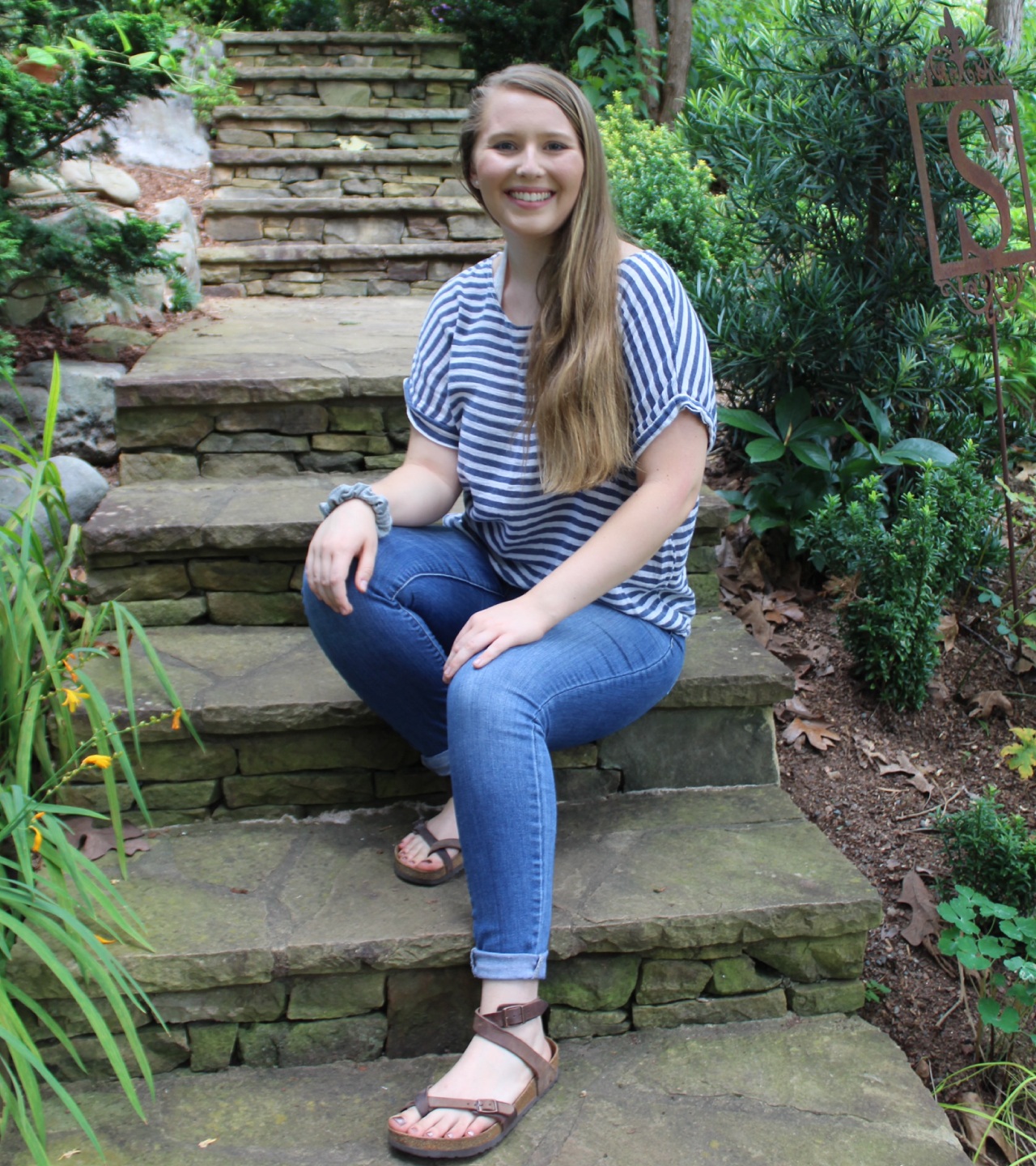
In this article I will explore Liberal Studies—one of NYUʼs 10 undergraduate colleges. There are two Liberal Studies tracks:
- Liberal Studies (LS) Core
- Global Liberal Studies (GLS)
Wondering about the key differences between the two? NYU student Izzy Verdery wrote a great piece on this exact question. Interested in the four-year GLS major? I recommend you review the GLS website and read the wonderful article about Isabel Schmieta’s time studying in the major.
Inquiring about the Liberal Studies Core? You’re in the right place! So let’s get started.
What Is the Liberal Studies Core?
The Liberal Studies (LS) Core is a two-year track that allows tremendous flexibility. LS students get the opportunity to explore many subjects before committing to a particular major. Then, after choosing a major and completing the Core, they earn their bachelor’s degree over their final two years at NYU.
Will I Graduate in Four Years?
Yes! After completing the LS Core, you will spend your final two years in a degree-granting program. You will then graduate in four years with a bachelor’s degree in your chosen major.
For example, after completing the Core, you decide to pursue politics in the College of Arts and Science (CAS). You then transition to CAS, complete the Politics major requirements during your final two years, and graduate with a degree in Politics in four years!
How Does Moving to My New NYU School Work After the Two Years Are Up?
After completing the LS Core, you will be able to transition or apply to transfer into one of NYU’s nine other schools. Admission to a transition is guaranteed. Transfer admission requires an application reviewed by the NYU Department of Undergraduate Admissions.
LS students can transition into any degree in one of the following NYU schools:
- The College of Arts and Science
- The Gallatin School of Individualized Study
- The Rory Meyers School of Nursing
- The School of Professional Studies
- The Silver School of Social Work
- The Steinhardt School of Culture, Education, and Human Development (all nonartistic degrees)
- The Tandon School of Engineering
LS students can choose to apply as a transfer to any major in the following schools:
- The Steinhardt School of Culture, Education, and Human Development (all artistic degrees)
- The Stern School of Business
- The Tandon School of Engineering (artistic degrees only)
- The Tisch School of the Arts
If not admitted to their first choice, LS transfer applicants choose one of the transition school options as a backup.
For example, you apply to transfer to the Stern School of Business. You could still transition to the Economics major in CAS if not admitted to Stern.
What Are Some of the Benefits of Being an LS Core Student?
Academic Support
You will get your own Liberal Studies academic adviser. Your adviser will guide you through the curriculum and help design your class schedule each semester. In addition, they will help you decide what major you’ll spend your final two years in.
Tiny Class Sizes
LS classes are small and seminar-style. This means LS students get personalized attention from their professors. This is the ideal environment for developing strong mentoring relationships and completing undergraduate research.
Academic Freedom
The LS Core allows you to explore subjects before committing to a particular major.
Let’s say you take the LS class Revolutions and Counter-Revolutions and realize you have an affinity for politics. However, you have also always wanted to be a doctor. Don’t worry! You can spend your final two years completing both at CAS!
As part of LS, you will complete all of the NYU core classes. All NYU students have to take these classes, regardless of what course of study they are in. So, once you’re done with LS, you will have complete control over your class selections for a whole two years. You’ll have the freedom to choose the classes that sound most interesting to you and fit with what you want to study. What’s more, you won’t have to worry about the other NYU graduation requirements—they are already complete!
Study Away
Study away opportunities are always available for NYU students. But they are integrated into the LS Core curriculum as part of the exploratory academic experience. Therefore, traveling is encouraged! So, as an LS student, there are very few restrictions as to where and when you can study away.
For example, you’re studying mechanical engineering at Tandon. You want to study away at NYU Paris in the first semester of your sophomore year. However, you need to take a particular engineering class that is only offered at NYU Abu Dhabi and NYU London that semester. This would not happen to an LS Core student.
All 14 of NYU’s global campuses, centers, and programs offer Liberal Studies Core classes. So LS students are never limited by location!
In addition, LS students have a unique travel opportunity. They can spend their first-year away in Florence, London, Madrid, or Washington, DC. The classes at these locations have a unique global focus. The professors will incorporate the location into the curriculum. In London you are able to take a history class on the British monarchy and visit Buckingham Palace. In Washington, DC, you can tour the White House and meet important personnel as part of a politics seminar.
You can read more about the amazing experiences LS students have had in London, Washington, DC, and Florence via Meet NYU.
As you can see, there are many benefits to being a member of the LS Core! For more information, I encourage you to watch this LS Core Curriculum Explained video on the Liberal Studies Core website.
Are you an admitted LS student? You can contact the Liberal Studies Core department directly with any questions: [email protected].



